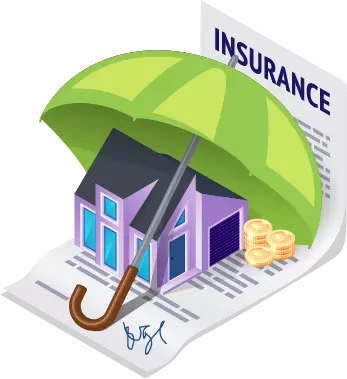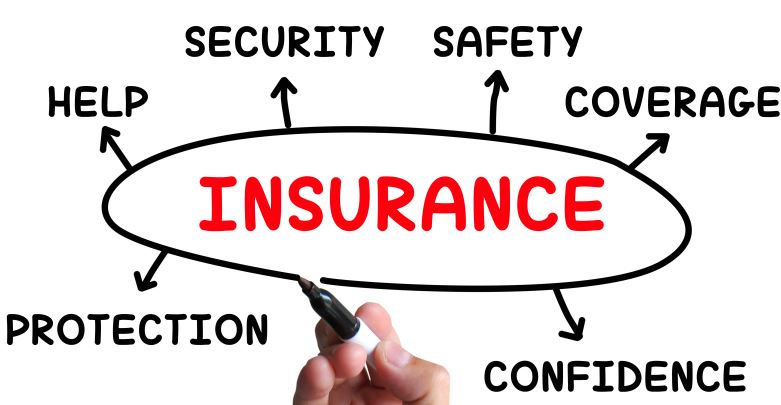Unique Homeowners Insurance for Renters with a Twist
In today’s housing market, many individuals opt for renting instead of buying a home. While renting offers flexibility and convenience, it often leaves renters without adequate protection for their personal belongings. However, an innovative solution has emerged to bridge this gap: homeowners insurance for renters. This unique insurance option provides renters with the coverage they … Read more










